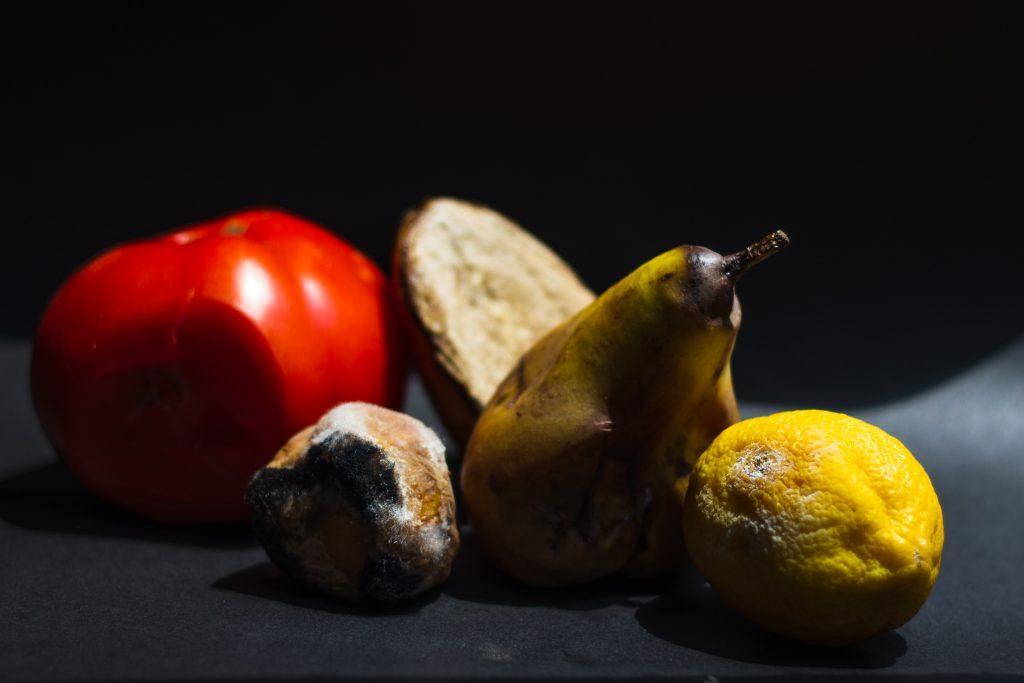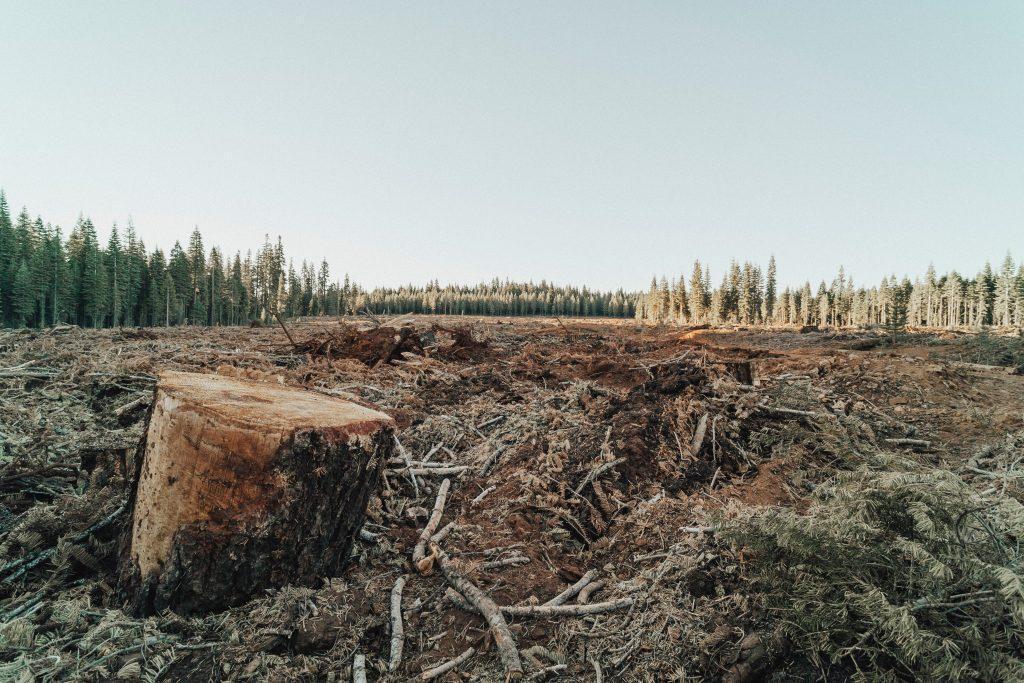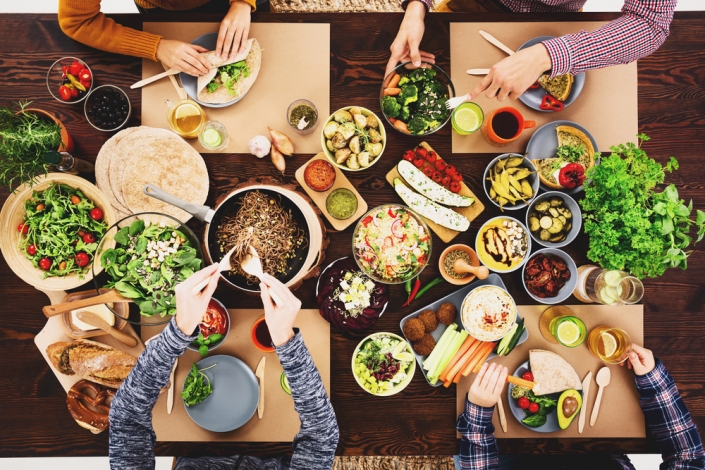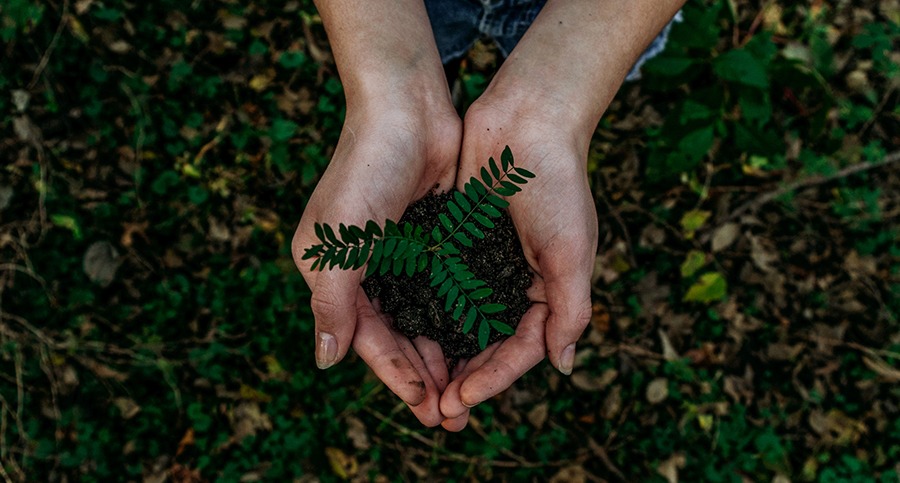Gastronomy is the art or science of food and cuisine. It can also be the style of cooking for a particular region, culture, or group of people. The United Nations (UN) leads Sustainable Gastronomy Day on Friday, June 18, 2021, to promote sustainable cuisine. This includes all facets of dining, not just agriculture. For instance, dining includes sustainable restaurant practices, such as efficient energy usage and healthy, nutritious meals. The UN and the Food and Agricultural Organisation are using media outlets, such as TV food channels, to advertise sustainable gastronomy.
Gastronomy relies on many of the UN’s Sustainable Development Goals (SDGs) to become green.
Gastronomy SDGs
Waste

Due to wasted food and supply chain waste, the food industry is unsustainable in its current form. Firstly, poor agricultural efficiency, such as uncollected crop yield, is extremely wasteful. Agricultural and livestock farming practices also produce 60% of methane emissions, which exacerbates global warming. This unnecessary waste continues into the food and grocery industry. More than 50 million fruits and vegetables are thrown out each year in Europe because they look ‘ugly’. One step further down the supply chain and we see even more wastage. Many restaurants, throw away food offcuts and leftovers due to imperfections and large serving sizes. SDG 12, which focuses on sustainable consumption and production, aims to limit these supply chain issues.
Energy usage

SDG 7 seeks to give access to clean energy for all. However, the food supply chain relies on fossil fuels, making gastronomy unsustainable. Petrol-powered vehicles transport food thousands of kilometres. Moreover, fossil-fuel-powered fridges, stoves, and lights add to the problem since gastronomy refers to all aspects of cuisine creation. Renewable energy options solve each of these issues through environmentally-friendly food transportation, storage, and preparation.
Biodiversity

SDG 15 seeks to improve sustainability by boosting land-based biodiversity. Biodiversity is the variety of living forms in a specific area, including plants, animals and micro-organisms. It creates a well-rounded environment for all flora and fauna to survive. However, large areas for crop and livestock production limits biodiversity because monoculture farming is more profitable. Imagine a farm that grows wheat, compared to a thick rainforest with countless animal species. The farm produces far more food, but the rainforest sustains more life. Sustainable gastronomy aims to make food production more diverse by implementing a combined approach to agriculture and forest growth.
Covid-19 Impact
Covid-19 caused restaurant closures and huge losses for business owners as lockdown forced everyone inside. Although this was disastrous for many, it provides an unexpected chance to change restaurant plans so we can be more sustainable. Dr. Carlos Martin-Rios states that a green recovery is possible following lockdown. A green recovery involves the following three steps:
1. Buying stock from sustainable food producers
2. Using carbon-neutral transport
3. Supporting positive workplace practices, such as equal opportunity.

It’s important for the restaurant industry to adjust because it’s one of the world’s largest industries. All towns and cities have a restaurant of some sort, which supports families through employment. It’s, therefore, necessary to make restaurants sustainable as they are such a major part of every community.
Help celebrate sustainable gastronomy on Friday, June 18, by sourcing sustainable food and visiting local restaurants. Check our other articles for more tips on making restaurant’s sustainable, or reducing your own food waste.























